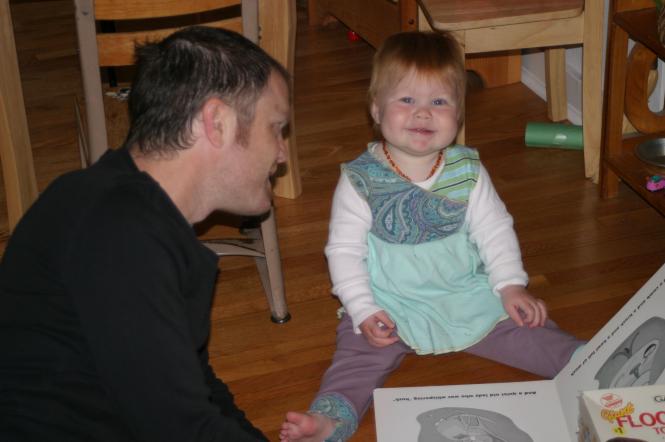This month, our book clubs are going in divergent directions with two excellent reads. We hope that you can make it to one of the meetings to discuss them, but even if that is not an option, we encourage you to look deeper into these great works.
In Minneapolis, the SGT book club that meets at the Linden Hills Co-op will be reading the Dirty Life. They will be meeting on Wednesday, June 27th from 6:30-8:30 in the Community Room. This extremely entertaining read has been previously reviewed by SGT writer Merie Kirby. Here is an excerpt from her review:
The Dirty Life (2010), by Kristin Kimball, tells two concurrent love stories: one between her and her eventual husband, and one between her and the farm they began together in 2003. When she meets Mark, she is a writer living in New York City while he is a farmer in Pennsylvania. She soon realizes that although “there
were more cultural differences between Mark and me than there were between Mark and a random selection of taxi drivers from the developing world," it is obvious that there is also an undeniable spark between them.
Soon, she has left her urban life for five hundred acres in Essex, NY, where she will discover that “as much as you transform the world by farming, farming transforms you.” On those acres, good land fallen into disuse, they begin to build “a farm from scratch, and the land was big enough, and good enough, to support anything [they] could dream up."
What they dream up is something that I think any CSA member would find exciting. After time working on standard CSA farms, Mark had “been wondering what it would be like to tweak the CSA model a bit, so that, instead of providing a set amount of vegetables each week, our farm would produce a whole diet, available to members on an unlimited basis, just as it was available to us."
If you are travelling up North or have the luck to live in the Bemidji area, the SGT book club will be reading Tomatoland, by Barry Estabrook. They meet on Thursday, June 28th from 5:30-7:30 at the Harmony Co-op. You can contact Sue for more information.
Here is the write up from better world books:
In "Tomatoland," based on his James Beard Award-winning article, investigative food journalist Barry Estabrook reveals the huge human and environmental cost of the $10 billion fresh tomato industry. Fields are sprayed with 130 different herbicides and pesticides. Tomatoes are picked hard and green and artificially gassed until their skins acquire a marketable hue. Modern plant breeding has tripled yields, but produced fruits with a fraction of the calcium, Vitamin A, and Vitamin C, and three times as much sodium as the tomatoes our parents enjoyed. And for what? The relentless drive for low costs has fostered a thriving modern-day slave trade in the United States.
Estabrook traces the supermarket tomato from its birthplace in the deserts of Peru to the impoverished town of Immokalee, Florida, a.k.a. the tomato capital of the United States. He visits the laboratories of seedsmen trying to develop varieties that can withstand the rigors of agribusiness and still taste like a garden tomato, and then moves on to hydroponic growers, and eventually to a hillside field in Pennsylvania, where he meets an obsessed farmer who produces delectable tomatoes for the nation's top restaurants.
Let us know if you have any suggestions for upcoming reads for our book clubs and we hope you can make it to one of our gatherings. Until next time, happy reading.

Lawrence Black is a writer and editor at Simple, Good, and Tasty. He has two kids and loves gardening and eating with them. He wrote an article about kids and gardening called: Hey boy, don't eat all the rhubarb. Read his last article for SGT that asked the question, Can there be too many farmers markets? He can be reached at lawrence@simplegoodandtasty.com.




